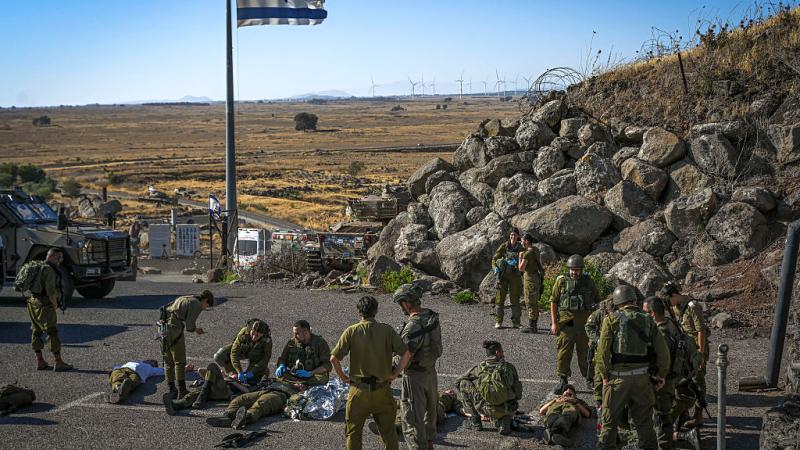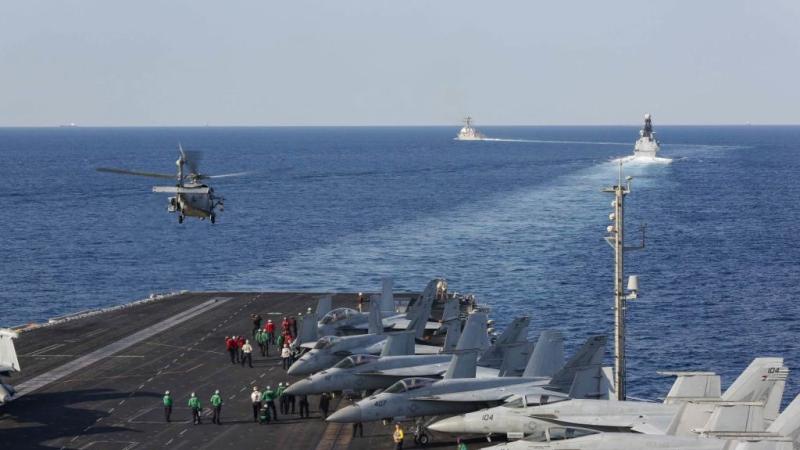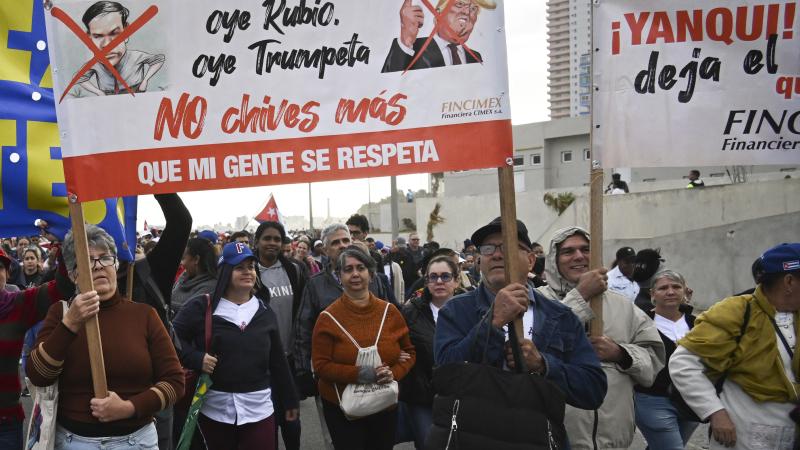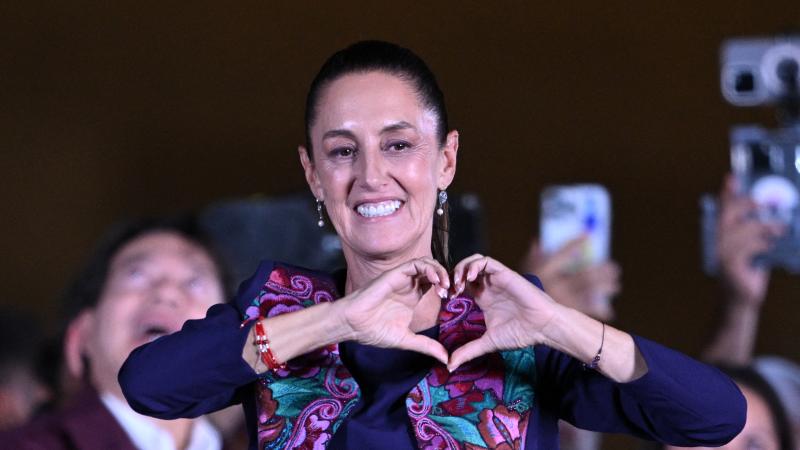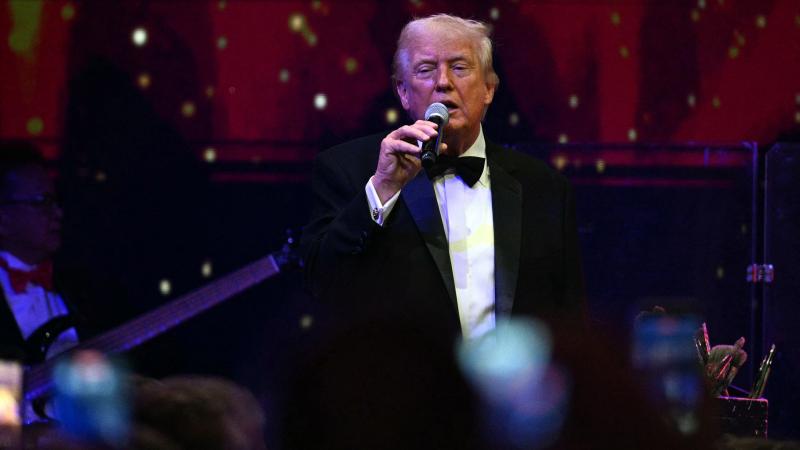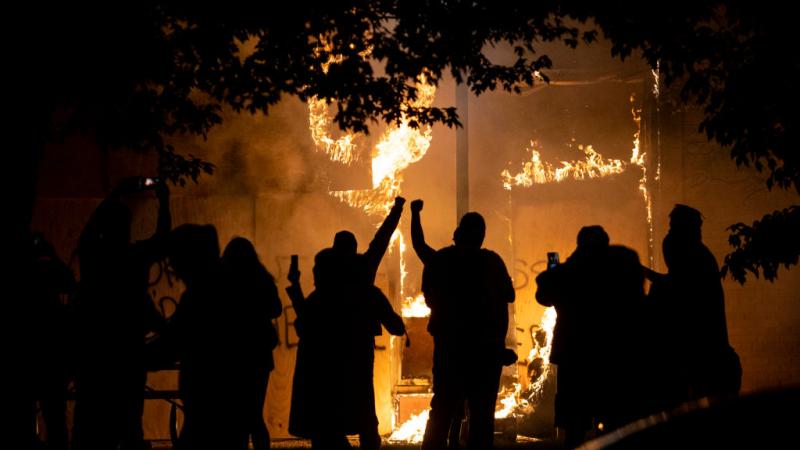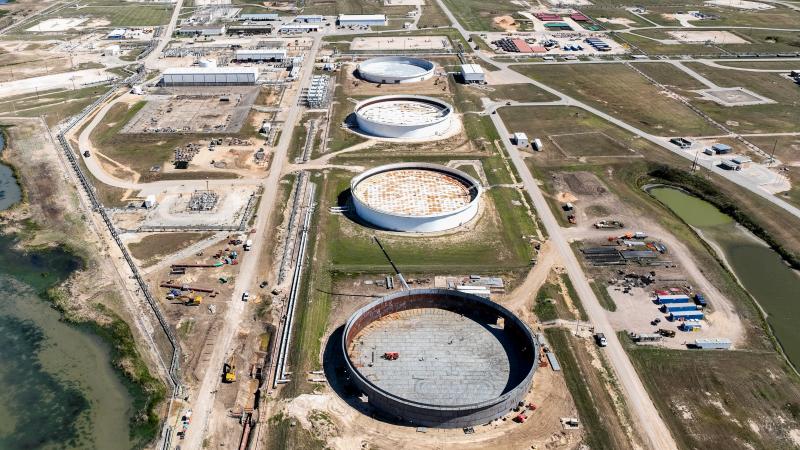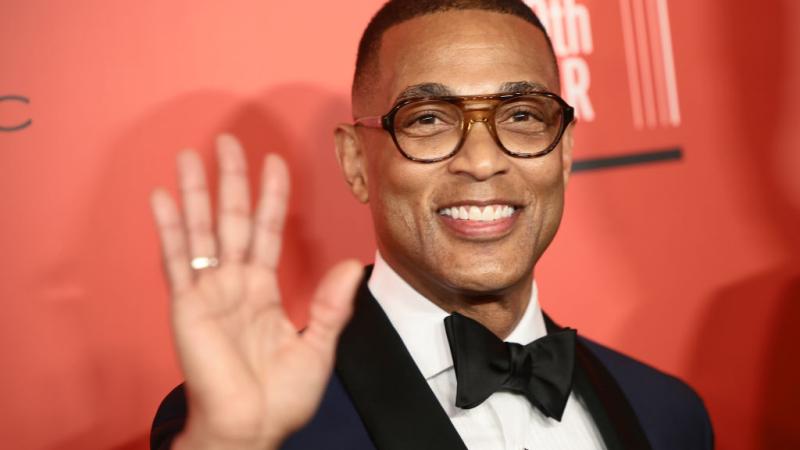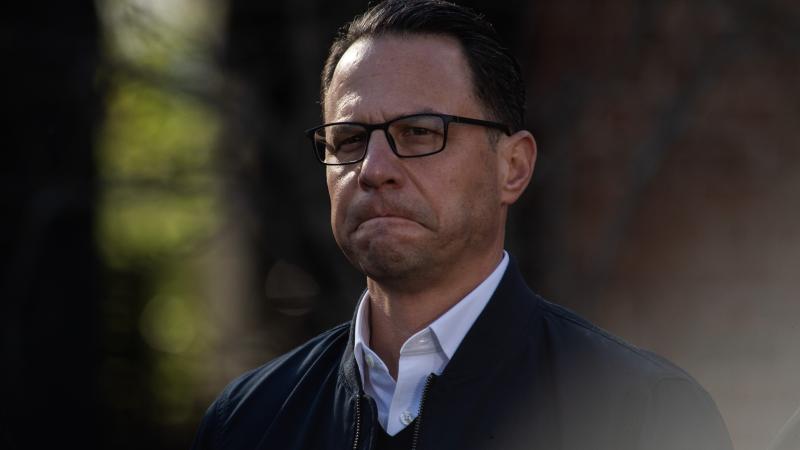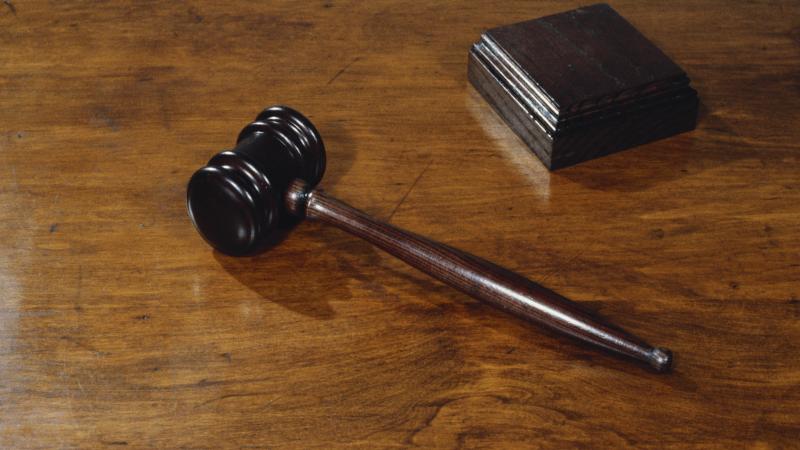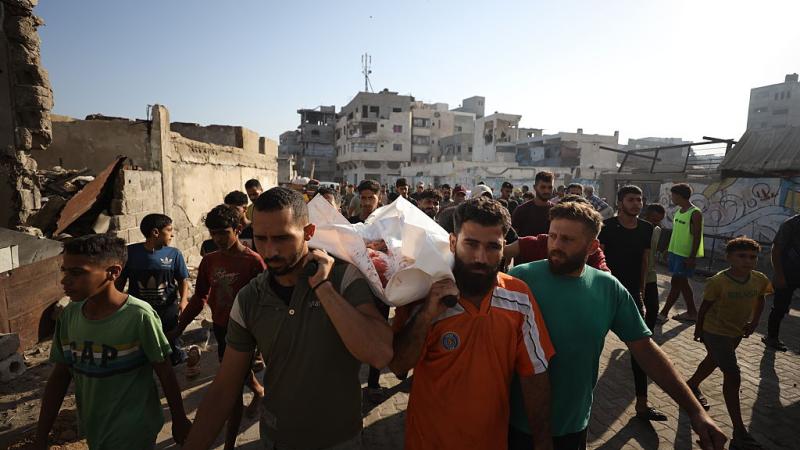Russia, U.S. ambassadors exchange fiery words over Ukraine at U.N. Security Council meeting
All 15 UNSC member nations will deliver a statement at the meeting, and Ukraine will also be required to speak
A Russian diplomat on Monday, in a public, face-to-face showdown with U.S. counterparts, accused American of bringing a "pure Nazis" to power in Ukraine, during a U.N. Security Counsel meeting over concerns Russia is set invade the neighboring country.
The meeting was expected to result in sharp exchanges, considering Russia had objected since U.S. officials announced it last week.
Russian Ambassador to the U.N. Vassily Nebenzia blamed the U.S. for ousting Ukraine's Kremlin-friendly president in 2014 and instead bringing to power "nationalists, radicals, Russophobes and pure Nazis."
"If they hadn’t done this, then we to date would be living in a spirit of good neighborly relations and mutual cooperation," he said. "What's happening today is yet another attempt to drive a wedge between Russia and Ukraine."
He also accused Western countries of "whipping up tensions" about the Ukraine border issue.
Russia, Ukraine and the United States' diplomatic corps openly discuss the potential global effect of a Russian invasion into Ukraine, though the U.N. body ultimately took no action.
U.S. Ambassador to the U.N. Linda Thomas-Greenfield, when announcing the meeting last week called, Russia's actions "a clear threat" to international peace. On Monday, she added that "they (the Russians) are attempting, without any factual basis, to paint Ukraine and Western countries as the aggressors to fabricate a pretext for attack."
"We’re going into the room prepared to listen to them, but we’re not going to be distracted by their propaganda," Thomas-Greenfield said Sunday on ABC's "This Week."
Russia's U.N. representatives had preemptively been critical of the meeting.
"Hopefully fellow UNSC members will not support this clear PR stunt shameful for the reputation of UN Security Council," tweeted Dmitry Polyansky, Russia's deputy U.N. ambassador.
Russia lost its attempt to block the meeting, for which it would have needed the support of nine out of 15 members of the council.
China's ambassador to the U.N. supported Russia's attempt.
The reason for the conflict, and the possibility of a Russia invasion, is essentially that Russian President Vladimir Putin opposes Ukraine's efforts to join the North Atlantic Treaty Organization, led by Western nations.
Russia's buildup of roughly 100,000 troops along its border with Ukraine has triggered increasingly serious worry from Western and NATO ally nations that Moscow intends to invade.
Russia says otherwise but is demanding that NATO commit itself to never allowing Ukraine to join the alliance, and to dial back the deployment of alliance weapons and forces to Eastern Europe.
NATO and the U.S. have called those terms non-starters. More high-level diplomacy is expected between pertinent nations this week, as talks over the last several weeks between Russia and the U.S. have failed to reduce tensions.
